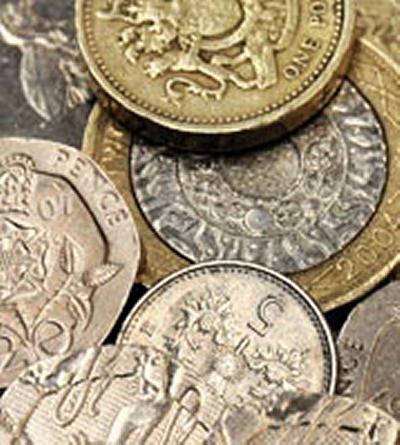People with higher bonuses don't give more to charity

Research by economists at the University of Southampton has shown people who receive higher bonuses are less likely to give to charity than those on lower earnings.
The study by Dr Mirco Tonin and Dr Michael Vlassopoulos shows higher earners are less inclined to give, and donate a similar share of their money compared to those on lower incomes.
The researchers also found that people getting high bonuses tended to attribute their windfall to their own hard work or achievement, even if in fact it was actually just down to good fortune.
Dr Mirco Tonin comments: “Our findings suggest that receiving higher pay due to good luck is not generating a stronger need to ‘give back to society’. This is probably because people instinctively attribute their high pay or bonuses to being a reward purely for their own skills and effort, even if there is actually an element of luck involved. As such, they feel entitled to the money.”
The study, funded by the Economic and Social Research Council, set out to explore whether people who earn a higher income are more likely to give when placed in an environment in which earnings depend on luck, but not in a manner that makes its contribution obvious to them.
The researchers recruited 104 people to perform a data entry task for a fixed wage of £5 per hour, plus a performance dependent bonus. Despite very similar performances from all the participants, half of them were given a low bonus (£2 per hour), while the other half received a high bonus (£6 per hour). None of the participants were aware that the size of the performance bonus they received was actually being determined randomly. After completing their four hour job, all those taking part were asked whether they wanted to donate some of their earnings to charity.
Thirty seven per cent of those receiving a low bonus decided to give a share to charity, while the figure was 21 per cent for those receiving a bonus that was three times higher. In addition, donors in the two groups gave a similar share of their earnings to charity – 9 per cent.
Dr Tonin says: “Psychologists have well documented the human tendency to attribute good outcomes to their own actions, rather than to external factors such as luck – the so called ‘self-serving attribution bias’. In our case, this process may lead subjects in the high bonus group to make an assumption that their high earnings were due to their own effort, even if in reality this isn't the case. In turn, this distorted feeling of entitlement may furnish subjects in the higher earner group with the moral ground not to act more generously.”
The researchers highlight that, from a fundraising perspective, the study suggests that charities should not target their effort towards high earners and disregard low earners, but rather spread their effort across the whole of society.
The paper, Sharing One’s Fortune? An Experimental Study on Earned Income and Giving can be found here. It will be presented at the Royal Economic Society Annual Meeting (April 7 – 9, 2014).
Ends